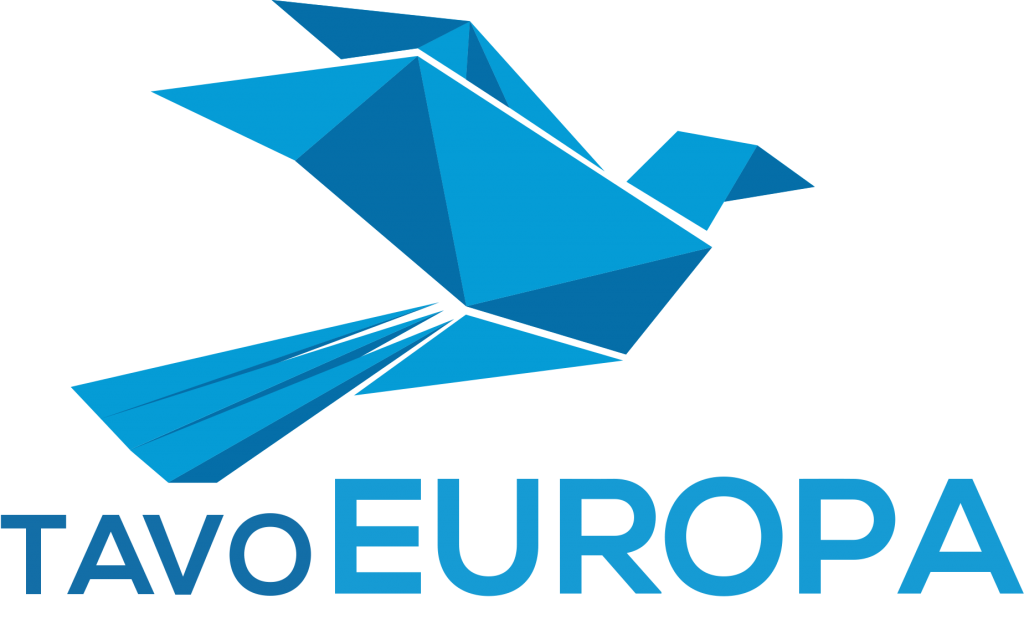Youth Exchanges
Closer to nature Closer to each other
May 26 - June 2
Promotion of history with modern marketing Polish-Lithuanian
May 28 - June 4
Consumer Protection in the Framework of Digital Consumption
June 7 - 13
HIYA!
Healthy Inclusion, Youth, Activism
July 20 - 29
Scouts4future
July 20 - 30
Golden Communication
June 25 - July 5
To speak or how to speak
July 28 - August 4
Let's get to know each other
August 24 - 30
CultRURAL Lab
August 28 - September 6

Joining a youth exchange project is easy and straightforward. Just complete the application form for your preferred project, and allow us some time to process it. We carefully assess each youth exchange application we receive. Once accepted, you’ll receive an invitation to participate. Don’t worry if your first choice is unavailable; we’ll offer you alternative youth exchange projects.
FAQ
Curious or uncertain? Explore the questions posed by past participants in youth exchange projects.
The duration of each youth exchange or training course varies, typically ranging from a few days to two weeks. Each project encompasses distinct paces, objectives, methodologies, and results. Experiencing at least one Erasmus youth project firsthand is essential for gaining a comprehensive understanding of their dynamics and benefits.
Accommodation and meals are usually provided during the youth exchange or training course. The only expense you might incur during your mobility is for transportation. However, fret not, as these costs are reimbursed upon completion of the project.
Prepare for an enriching blend of fun and educational activities! Throughout the project, you’ll engage in workshops, seminars, and immersive learning experiences centered around the chosen topic. Additionally, don’t miss out on the cultural evening, a fantastic opportunity to exchange experiences and traditions with fellow participants. For a comprehensive schedule, refer to the infopack or contact the organizers for detailed agenda information.
Explore cultures with Erasmus+ Youth Exchanges! Engaging in Erasmus+ youth exchange projects has many purposes: for example ranging from broadening horizons, developing new skills, enhancing socialisation between young people of different ages and fostering understanding between different cultures from different European countries. Participants delve into various topics: democracy, equality, tolerance, inclusion, solidarity, digital work, mental health, young people problems, active citizenship, and sustainable development through active learning methods and non-formal education. In fact, if you participate in Erasmus+ projects you will learn and also improve English skills, while Erasmus+ covers all travels, accommodation and meals. At the end of the project you will receive an awards: a Youthpass Certificate for European recognition. Join the vibrant and active community of international youth projects and embrace new experiences with Erasmus+ projects!
Find out how youth exchanges work...
Join a dynamic community of young individuals and embark on an unforgettable journey through youth exchanges. Dive into a shared experience where you’ll collaborate on exciting projects alongside fellow peers from diverse backgrounds.
Experience an array of engaging activities including workshops, lively debates, cultural evenings, sports, arts, role-playing, interactions with locals, outdoor adventures, and much more. Plus, your valuable learning endeavors will be officially recognized with a Youthpass, a credential highlighting your achievements in youth work and solidarity initiatives.
...
The duration depends on an individual project, however it approximately lasts from 5 to 21 days (excluding travel time). Plus, rest assured that financial assistance is available to cover your travel expenses and essential costs associated with the exchange. Say goodbye to worries and hello to an enriching experience with youth exchanges – your accommodation, 3 meals a day and activities are free of charge! Jus’t don’t forget to commit and be invested in the topic, most likely you will return enriched by the experience.
Testimonials
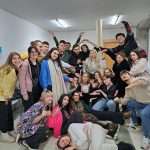

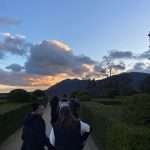
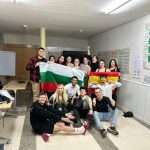

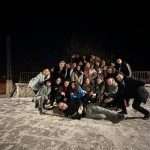
I participated in the “Self-Esteem” project in Spain. This training program, tailored for youth sector workers, focuses on self-discovery and expression through art and creativity. It emphasizes developing inner strengths, resilience, emotional competencies, flexibility, and adaptability to change. In our informal education setting, we prioritized cultivating skills, competencies, and attitudes using humor, art, creative methods, psychological insights, empathy, and symbolic activities. The aim was to foster social and personal development, shaping positive mindsets and lifestyles. The town of San Lorenzo de El Escorial, approximately 50 km from Madrid, hosted our project. The Monastery of El Escorial, a UNESCO World Heritage Site, offered a breathtaking backdrop. This ERASMUS+ experience enriched my knowledge, skills, and responsibilities. I’m grateful for the insights, connections, and memories created with individuals from across Europe. While goodbyes were tough, I hope our paths cross again.. – Ieva, Spain.
At the youth exchange in Tryavna, Bulgaria, I learned valuable information about employment, leadership; I was inspired to aim for more! We wrote our CVs, motivational letters, and worked on our projects. Of course, it wasn’t just about that, but also the connection I felt with other people, especially the Lithuanian team! This connection was special to me. Other project participants also left a good impression – all very cheerful and kind people; whenever we found a rare free minute, we spent it by the pool, laughing and having fun. After the project, the 5 of us Lithuanians spent another day at the Bulgarian seaside, in the city of Burgas; we felt like old familiar and close friends on vacation. I’m also excited about the experience gained from traveling; it will certainly help in the future. I think we mastered all routes: by plane, by bus, even by train (though it was a bit scary). Erasmus+ is a force!! Vilte, Bulgaria




This summer my Lithuanian team and I had the chance to participate in an Erasmus+ project called “Mastering the art of training: training for trainers in non-formal education” in Samobor, Croatia. Over the span of 9 days, we were taken through the steps, methods, and practices of being a good trainer and facilitator. The project itself was an intense 9-day training with the goal of providing participants with expert guidance to develop essential skills for facilitating non-formal educational activities. In short, we were taught how to be trainers for youth-related activities. There were team building activities, role playing, discussions, and dialogues. This made the participants more involved in the presented topics and fostered the spirit of facilitation. In addition to this, during our free time, some participants organized their own workshops. These included a drawing workshop, meditation and breathing exercises, a Turkish alphabet lesson, and a creative writing lesson. Finally, at the end of the training, every participant had a chance to organize their own training session, putting the skills we learned during these 9 days to use. That’s when the participants really showed what they were capable of, with the topics of these sessions spanning from disabilities to the power of choice – Vidas, Croatia.
